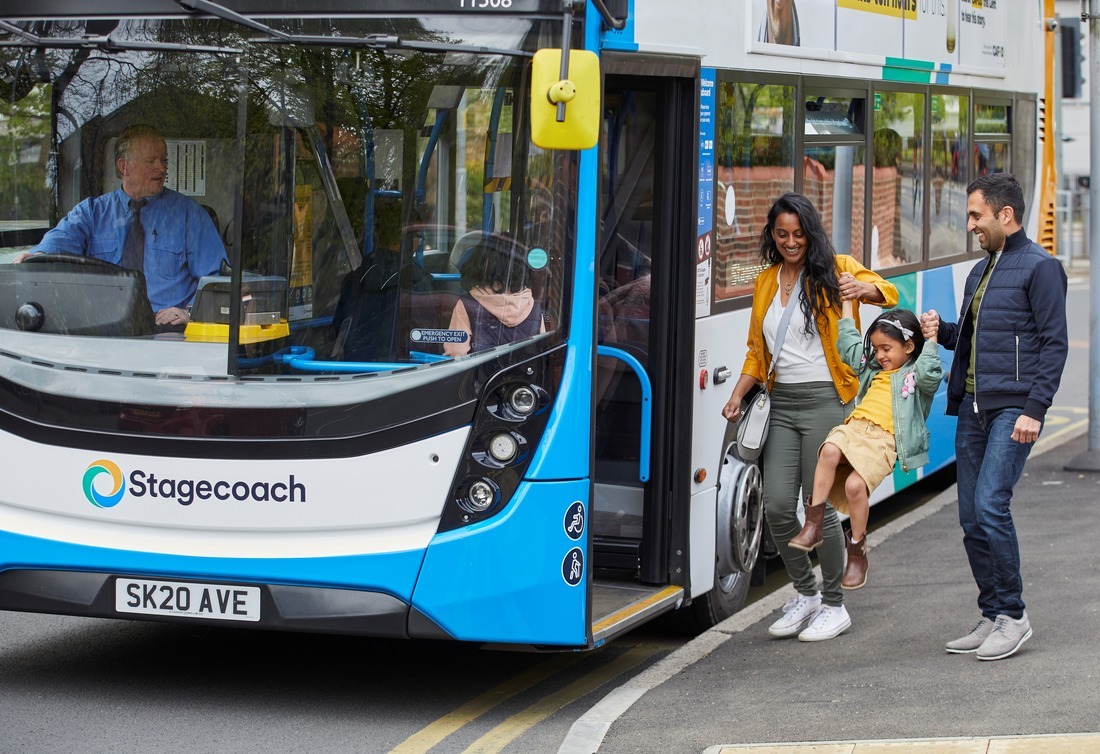Bus fares to remain cheaper for longer in Warwickshire
The £2 fare cap on most local buses is to remain in place until December 2024, after prices had been set to rise in October.
The majority of passengers in Warwickshire and around England will pay no more than £2 for a single journey, regardless of distance travelled. This is part of a scheme that Warwickshire County Council Transport Spokesperson, Councillor Jan Matecki, said will help those “struggling with the rising costs of living”, and encourage the use of more sustainable modes of transport.
The announcement came months after a week-long strike was undertaken by drivers working for National Express West Midlands over a proposed real-terms pay cut. The dispute ended after drivers accepted a pay rise of 16.2%.
Bus operators participating in the scheme include, among others: National Express Coventry, National Express West Midlands, and Stagecoach, which service Warwick University Bus Interchange.
The fare cap was introduced by the Department for Transport in January 2023 to increase bus patronage following a decline in passenger numbers after the Covid-19 pandemic. It came as post-pandemic recovery funding was due to expire for the bus industry prompting fears that thousands of bus routes would be lost as the cost of fuel and personnel surged, threatening smaller operators.
Transport advocacy groups and operators generally welcomed the move, while also calling for the government to provide more assurance for bus operators in the longer-term. The Chief Executive of the Confederation of Passenger Transport, Graham Vidler, stated in January that certainty is needed “for at least two years to plan and invest in routes”.
This government is taking the right long-term decisions to deliver on our vision for a fairer and improved transport system
Rishi Sunak, Prime Minister
Rotala, owner of Diamond Buses, also contended that the project offers too little in terms of support for bus companies, which are made to foot 20% of the shortfall. Despite its objection, Rotala later signed up to the scheme.
The Institute for Public Policy Research, a London-based think tank, commended the Department for Transport for taking action to support those who rely on public transport, but argued that the fare cap “doesn’t go far enough to address the cost of bus use for regular users.”
A recent survey by the National Union of Students (NUS) found that nearly 7/10 UK students who travelled spent over £10 a week on transport to their place of study, even after the introduction of the cap in England.
Prime Minister Rishi Sunak commented: “This government is taking the right long-term decisions to deliver on our vision for a fairer and improved transport system by investing billions back into the transport projects that matter most to people and their communities.”

Comments